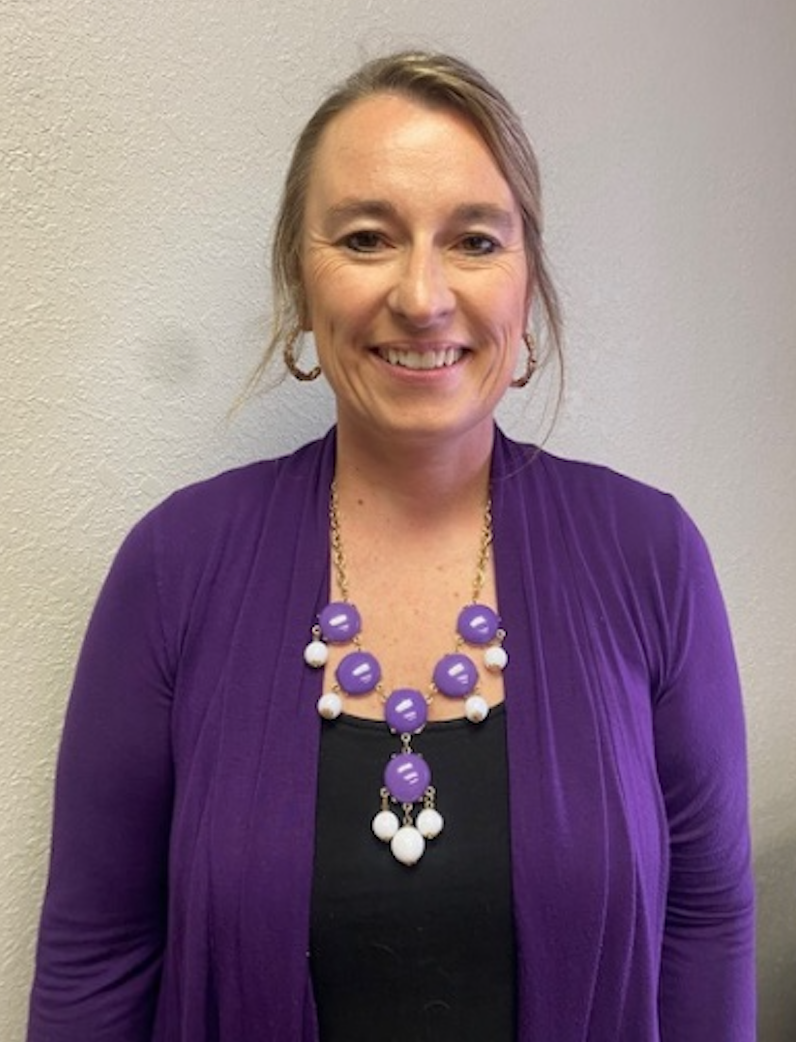
If your loved one was incapacitated today would you be prepared to make decisions for them? A recent K-State news service announcement offered information on talking with your loved ones about end of life decisions. It’s the conversation no one wants to talk about. However, this is so important if you or a loved one would ever become incapacitated, permanently or temporarily, to know what that person would want. It is difficult to make decisions when you are under stress or grieving so having those conversations before hand can help relieve some of that stress.
Erin Yelland, Interim Director of the K-State Center on Aging stated, “Research shows that end-of-life conversations are fairly rare within families. Often, families are left to assume what a person might have wanted, and during a time of grief, those can be especially challenging decisions.” Recently, I was faced with many of these decisions when my mother became seriously ill and eventually incapacitated. We had some conservations in the past about her wishes but our conversations were not nearly extensive enough. The things we had talked about made decisions a lot easier for me. It relieved a lot of stress for me knowing we had talked about what she wanted and I could follow through on those for her. However, some things we had not talked about so I had to guess on what she would want. Thankfully, I was aided by a very supportive family and conversations mom and I had about other people that were no longer able to make decisions for themselves which helped me make those decisions. Those decisions were much harder to make because I felt like I was guessing rather than knowing exactly what she wanted.
If you do not have health care directives in place and become incapacitated then the decisions will automatically fall to your spouse. If you are not married then the decisions will fall to your oldest child. It would be a good idea to discuss your preferences with your health care provider as well as those people you are closest to.
It is never too early to have health care directives in place for yourself. Even an 18-year-old can have documents called health care directives or durable powers of attorney in place because you never know when a tragedy could happen. We always think we have plenty of time until that time arrives.
Kansas law allows simple forms to be filled out and have one witness signature. The forms can be found at the K-State Research and Extension bookstore in the publication, “Advance Health Care Planning in Kansas” https://bookstore.ksre.ksu.edu/pubs/MF3280.pdf or at your local K-State Extension Office located at 601 Main Street in Hays or 3007 W. 10th Street in Great Bend.
Monique Koerner is the Family and Community Wellness Agent with K-State Research and Extension – Cottonwood District. You may reach her at: 785-628-9430 or moniquek@ksu.edu.



